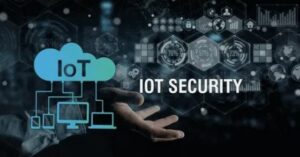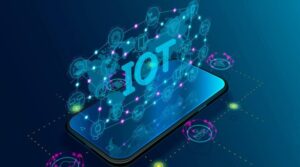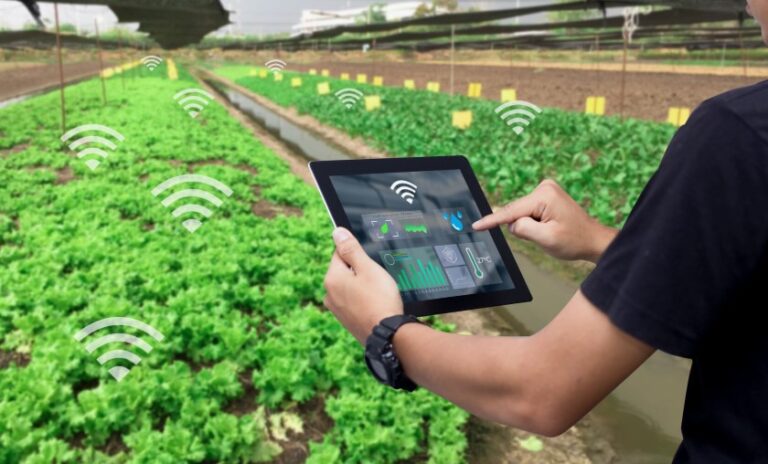In the fast-paced realm of technology, the terms Artificial Intelligence (AI) and Automation often intertwine, creating a sense of confusion. Let’s embark on a journey to unravel the mysteries behind these transformative technologies and discern their distinctive features.
AI and Automation

Artificial Intelligence, commonly known as AI, refers to the simulation of human intelligence in machines programmed to think and learn. On the other hand, Automation involves the use of control systems for operating equipment without human intervention. Both have become integral components of our tech-driven world, revolutionizing the way we live and work.
Significance in Modern Technology
The relentless pursuit of innovation has propelled AI and Automation into the spotlight, shaping the landscape of various industries. From enhancing efficiency to paving the way for groundbreaking discoveries, their impact is profound.
Understanding AI
AI vs. Human Intelligence
While AI mirrors human cognitive functions, it operates on algorithms and data analysis. It can decipher patterns, make decisions, and even engage in natural language processing, showcasing remarkable capabilities that echo human intelligence.
Machine Learning in AI
A subset of AI, Machine Learning empowers systems to learn from data and improve their performance over time. This dynamic aspect distinguishes AI from static programming, allowing it to adapt and evolve.
Common Applications of AI
AI finds applications in diverse fields, from healthcare to finance. Virtual personal assistants, image recognition, and autonomous vehicles are just a few examples of AI in action, demonstrating its versatility.
Decoding Automation

Basics of Automation
Automation involves the use of technology to perform tasks without human intervention. Its roots trace back to the industrial revolution, but advancements have propelled it far beyond, encompassing various sectors.
Historical Evolution
Automation has evolved from simple mechanization to sophisticated systems driven by advanced technologies. The journey from manual labor to automated processes has significantly shaped industries worldwide.
Different Types of Automation
Automation comes in various forms, including fixed, programmable, and flexible automation. Each type caters to specific needs, offering efficiency and precision in different contexts.
Differentiating AI and Automation
Core Characteristics
AI’s core lies in intelligence and learning, enabling machines to mimic human cognition. Automation, while efficient, lacks the cognitive aspect and is more focused on executing predefined tasks.
Applications in Various Industries
AI’s adaptability allows it to penetrate diverse industries, influencing decision-making processes. Automation, though impactful, is often industry-specific and may lack the cognitive versatility of AI.
Impact on Jobs and Economy
While both AI and Automation can streamline operations, there are concerns about job displacement. AI’s cognitive abilities raise questions about the future of certain professions, requiring a delicate balance in implementation.
Benefits of AI and Automation

Efficiency and Productivity
The integration of AI and Automation leads to increased efficiency and productivity. Repetitive tasks are automated, freeing up human resources for more complex endeavors.
Precision and Accuracy
AI’s ability to analyze vast datasets with precision enhances decision-making, reducing errors. Automation ensures consistent task execution, minimizing variability in processes.
Cost Savings
Both AI and Automation contribute to cost savings by optimizing processes, reducing manual labor, and minimizing errors. The initial investment often translates into long-term financial benefits.
Challenges and Concerns
Ethical Dilemmas in AI
The rise of AI introduces ethical considerations, from bias in algorithms to concerns about decision-making autonomy. Striking a balance between innovation and ethical responsibility remains a challenge.
Job Displacement
As automation becomes more prevalent, there’s a growing concern about job displacement. While new opportunities may emerge, the transition can be disruptive, necessitating proactive strategies.
Security and Privacy Concerns
AI’s reliance on vast datasets raises security and privacy concerns. Safeguarding sensitive information and preventing misuse require robust regulations and ethical frameworks.
Future Trends

Advancements in AI and Automation
The future promises unprecedented advancements in AI and Automation. From more sophisticated algorithms to enhanced robotic systems, the trajectory points toward continuous evolution.
Integration in Daily Life
AI and Automation are gradually becoming integral parts of daily life, from smart homes to predictive technologies. This seamless integration will redefine how we interact with our surroundings.
Potential Societal Changes
The societal impact of AI and Automation is multifaceted. From changes in employment patterns to shifts in education and skill requirements, society will need to adapt to these transformative forces.
Conclusion
Recap of Key Points
In conclusion, understanding the nuances between AI and Automation is crucial in navigating the evolving technological landscape. While both contribute to efficiency, their core distinctions impact industries, employment, and societal norms.
Future Outlook
The future holds a myriad of possibilities, with AI and Automation shaping industries and daily life. Striking a balance between innovation and ethical considerations will be pivotal in ensuring a harmonious coexistence.
FAQs
AI goes beyond automation by incorporating cognitive functions, allowing machines to learn and adapt, while traditional automation focuses on predefined tasks.
Yes, ethical concerns include bias in algorithms, decision-making autonomy, and the responsible use of AI in various applications.
Manufacturing, logistics, and customer service are among the industries significantly impacted by automation.
Yes, AI and automation can complement each other, enhancing efficiency and productivity when integrated strategically.
Continuous learning, adaptability, and acquiring skills in emerging technologies will be crucial in preparing for the impact of AI on employment.




